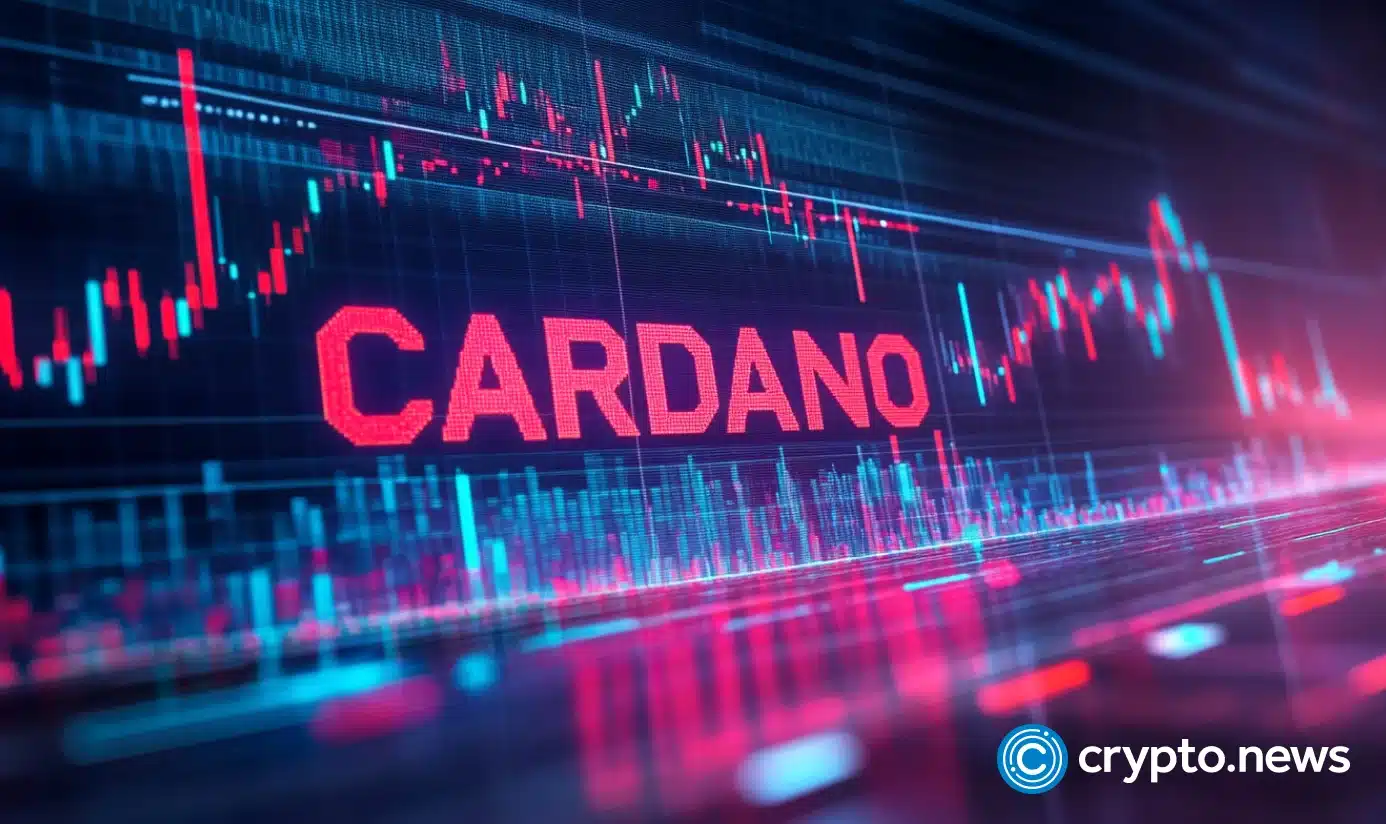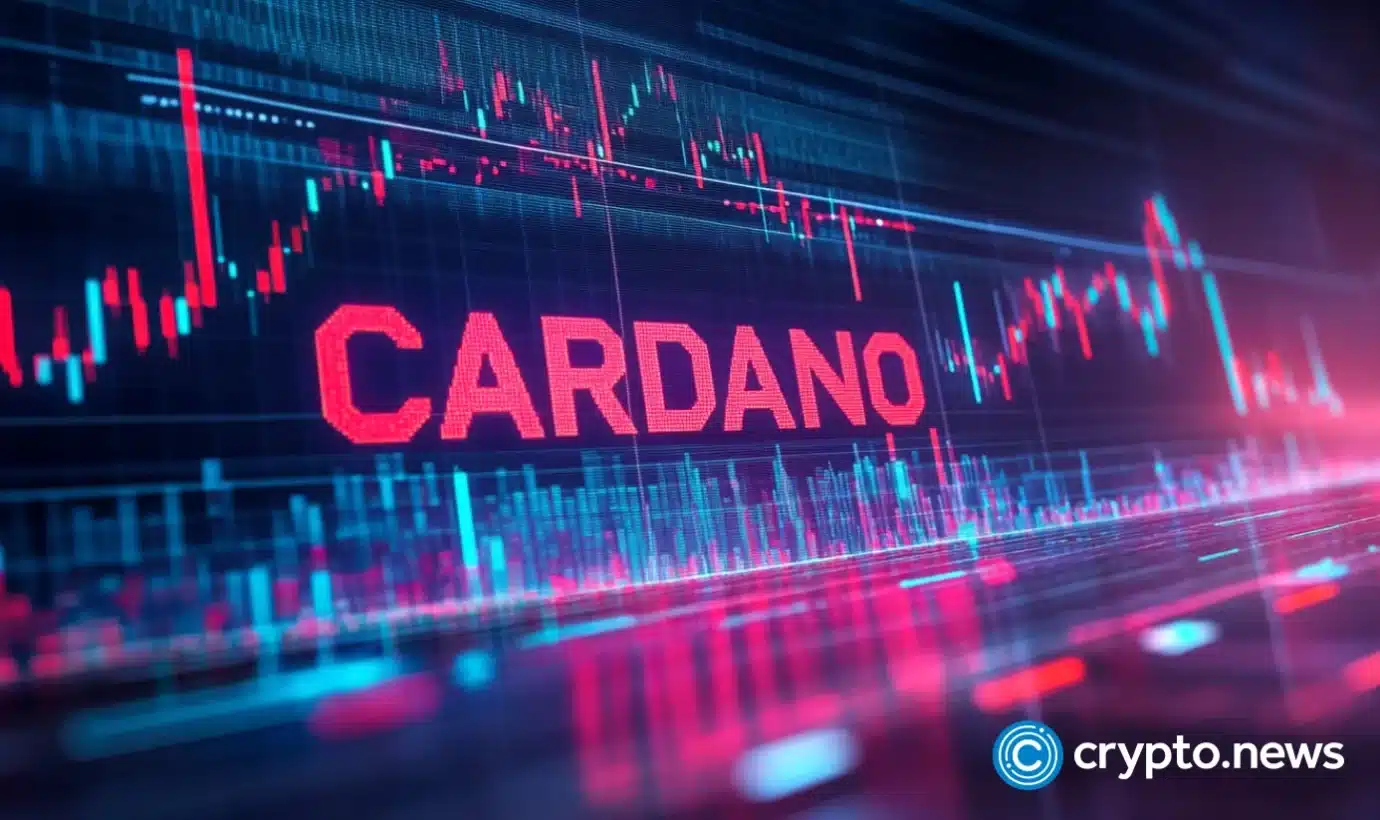Robinhood to cut support for Cardano, Polygon, and Solana
Robinhood has announced its decision to discontinue support for cryptocurrencies Cardano, Polygon, and Solana from June 27, underscoring the growing regulatory pressures within the crypto industry.

Following the SEC’s recent lawsuits against major crypto exchanges, trading platform Robinhood has announced its decision to discontinue support for cryptocurrencies Cardano, Polygon, and Solana from June 27, underscoring the growing regulatory pressures within the crypto industry.
In a recent development, Robinhood has announced that it will cease supporting Cardano (ADA), Polygon (MATIC), and Solana (SOL) on its platform, effective from June 27th. This announcement comes as a surprise as the platform has given minimal explanation for its decision, only stating that it was “based on our latest review.”
Implications for Robinhood users
Robinhood assures its users that apart from ADA, MATIC, and SOL, no other cryptocurrencies on their platform will be impacted by this decision.
However, post the June 27 deadline, any holdings in ADA, MATIC, or SOL left in users’ Robinhood Crypto accounts will be automatically sold at market value, with the proceeds credited to the users’ buying power within Robinhood.
SEC allegations and recent lawsuits
The timing of Robinhood’s announcement coincides with the Securities and Exchange Commission’s (SEC) recent lawsuits against crypto exchanges Binance and Coinbase. In these lawsuits, the SEC claimed that several cryptocurrencies, including ADA, MATIC, and SOL, are unregistered securities.
As a result of the allegations, the future of these tokens on major crypto platforms has been thrown into uncertainty, with Robinhood being the first to react.
In the suits, the SEC has particularly highlighted that the burning mechanisms of SOL and MATIC tokens led investors to consider these purchases as potential profit avenues.
It claimed that solana’s ‘deflationary mechanism,’ which includes burning SOL, could cause investors to view their SOL purchases as potentially profitable due to the built-in mechanism to decrease the supply and subsequently increase the SOL price.
Similarly, the SEC stated that Polygon marketed that it burns MATIC tokens accumulated as fees, indicating a reduction in the MATIC supply.
Robinhood, while ending the support for these three tokens, has made it clear that users are not compelled to sell their ADA, MATIC, and SOL holdings. They can transfer these holdings outside their Robinhood account. If they choose not to do so by the deadline, the tokens will be automatically sold, and the proceeds will be credited to their Robinhood account.
While the real reasons for Robinhood’s decision to delist ADA, MATIC, and SOL are yet to be revealed, it is believed that recent regulatory enforcement actions taken within the crypto industry could have influenced this decision.
This decision and the ongoing lawsuits introduce an element of ambiguity around these digital assets’ future. It remains to be seen if these lawsuits will lead to more extensive consequences for other cryptocurrencies or if other platforms will follow Robinhood’s path in delisting ADA, MATIC, and SOL.
Delegate Your Voting Power to FEED DRep in Cardano Governance.
DRep ID: drep12ukt4ctzmtf6l5rj76cddgf3dvuy0lfz7uky08jfvgr9ugaapz4 | We are driven to register as a DRep by our deep dedication to the Cardano ecosystem and our aspiration to take an active role in its development, ensuring that its progress stays true to the principles of decentralization, security, and community empowerment.DELEGATE VOTING POWER!








